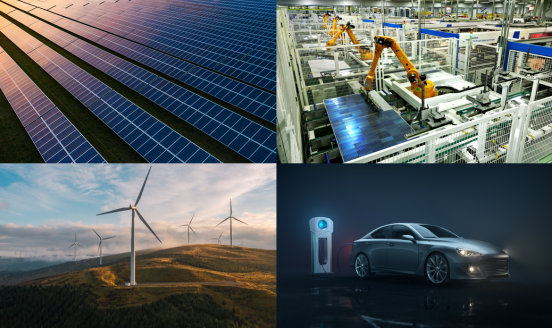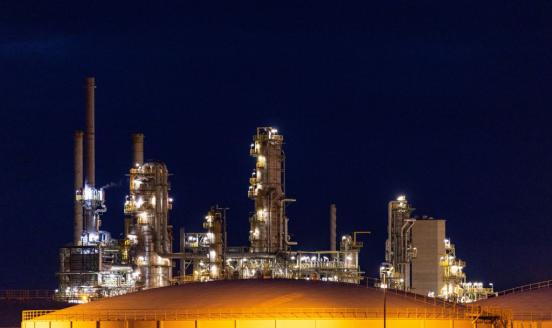Keeping the energy policy triangle in balance is key to reach net-zero
Delivering policies that address energy security, competitiveness and sustainability is one of the most formidable challenges facing governments in th
This piece was originally published in Corriere della Sera, Le Monde and El País, Kathimerini and Rzeczpospolita.





From the G20 in Rome to the COP26 in Glasgow, the global energy and climate conversation reveals a fundamental truth: everyone wants to save the planet, but no one wants higher domestic energy bills.
In their Rome Declaration, G20 leaders outlined their commitment to guaranteeing a “just and orderly transitions of our energy systems that ensures affordability, including for the most vulnerable households and businesses”. At COP26 in Glasgow, US President Biden was even clearer, singling out OPEC and Russia as needing “to pump more oil” to contain the global rise in energy prices.
As ironic this may seem – pushing for more oil and gas production, while at the same time pledging higher climate ambition – these positions should not come as a surprise.
Energy is a complex matter. Behind simple daily actions such as turning a light on or refuelling a car at the pump, stand complex technologies and massive infrastructures, frequently linking faraway countries – different continents even. Numerous technical steps are required to extract, process, transport and distribute traditional energy sources such as oil and gas and, likewise, numerous are the steps required to harness energy from the sun, wind or from water and distribute it to our homes, industries or cars.
The governance of energy is no less complicated than its technical aspects. Being that energy is the lifeblood of our modern societies, governments have traditionally played an important role in the sector, driven by different goals, such as ensuring that citizens have a reliable and affordable energy supply.
The multifaced nature of energy policy can be schematised with a triangle, whose vertexes are security, competitiveness and sustainability.
Energy security relates to the uninterrupted availability of energy. This has both long- and short-term dimensions. Long-term energy security deals with timely investments to supply energy in line with societal needs. Short-term energy security focuses on the ability of the energy system to react promptly to sudden changes within the supply-demand balance. As energy is vital for the functioning of our societies, energy security represents a top priority for any government in the world.
Energy competitiveness relates to the affordability of energy prices for both households and businesses, as well as to their international competitiveness. As a lack of energy competitiveness can push part of the population into energy poverty and undermine a country’s economic and industrial competitiveness, this also represents a key priority for governments.
Sustainability relates to the reduction – or, ideally, to the complete mitigation – of the damaging effects of energy exploration, production and consumption on the climate and the environment. The combustion of fossil fuels, which still account today for 80 percent of the global energy mix, indeed represents the major contributor to climate change, as well as to air pollution and other environmental problems. Governments have increasingly become more attentive to this issue, as also signalled by the wave of climate neutrality pledges over the last few years.
In an ideal world, these three components would be perfectly balanced and countries would be able to offer their citizens a secure, cost-competitive and environmentally sustainable energy system. But, in reality, difficult trade-offs exist between these three components and governments must take policy choices that might – at least temporarily – favour one or two elements over the other(s).
The global energy crunch we are currently experiencing represents a striking example of this trade-off. Faced with the urgent necessity of guaranteeing the security of energy supply and of limiting the socio-economic impact of the sharp rise in natural gas prices, a number of countries - from the United Kingdom to China, Germany and India - have not hesitated to resort to higher coal consumption to deal with the situation.
Delivering energy policies that simultaneously address these three goals is one of the most formidable challenges facing governments in the 21st century, particularly in view of the pressing need to scale-up action against the existential threat of climate change.
This is also urgent because, as the current global energy crunch clearly illustrates, if the equilibrium gets disrupted by an external factor, rebalancing will always see security and competitiveness prevailing over sustainability.



